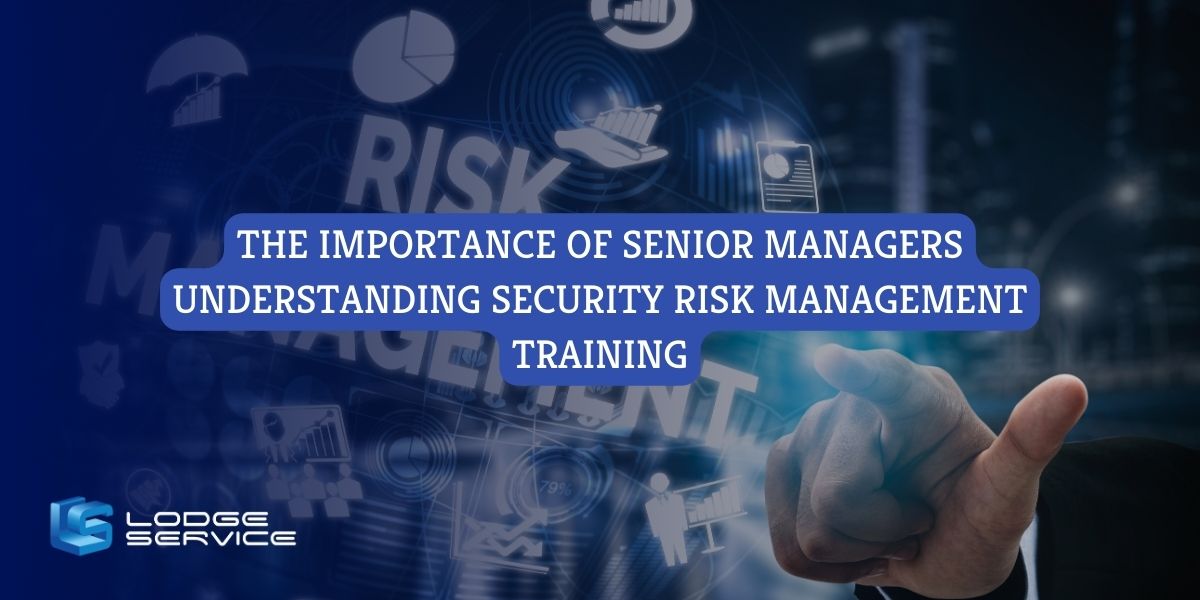The Inarguable Importance of Risk Management in Safeguarding Business Success
The Inarguable Importance of Risk Management in Safeguarding Business Success
Blog Article
Checking out the Relevance of Risk Management for Effective Decision-Making Techniques
In the intricate world of organization, Risk Management arises as a crucial variable in the decision-making process. The ability to determine possible risks and chances, and strategize appropriately, can spell the distinction in between success and failure.
Comprehending the Principle of Risk Management
Risk Management, a critical part in decision-making, is commonly misunderstood or oversimplified. Usually, it describes the identification, analysis, and prioritization of risks to reduce, check, and regulate the possibility or effect of unfortunate occasions. Nevertheless, it's not just regarding avoiding negative outcomes, however likewise about acknowledging possible chances. Risk Management involves disciplined and organized methods, making use of data and insightful evaluations. It calls for an extensive understanding of the organization's context, objectives, and the potential risks that could combat them. From monetary uncertainties, lawful liabilities, critical Management errors, to accidents and all-natural catastrophes, it deals with various risks. Importantly, efficient Risk Management is not stagnant; it's a continuous, positive process that progresses with changing circumstances.
The Role of Risk Management in Decision-Making Processes
In the world of calculated planning and company procedures, Risk Management plays an integral duty in decision-making processes. It aids in determining potential dangers and uncertainties that might affect the accomplishment of company purposes. By tracing these threats, firms can develop approaches to mitigate their effect, ensuring organization continuity and stability. Risk Management thus becomes a vital device in decision-making, aiding leaders to make informed choices based on a comprehensive understanding of the dangers included. It urges an aggressive method, enabling companies to prepare and prepare for for possible future situations. This dramatically decreases the possibility of unfavorable consequences, promoting more efficient and reliable decision-making techniques. Risk Management offers as an essential part in the decision-making procedures of any type of organization.

How Risk Management Boosts Strategic Planning
In the context of calculated planning, Risk Management plays a pivotal function. Starting with the recognition of possible threats, it better reaches the implementation of Risk mitigation steps. The function of Risk Management is vibrant yet not fixed, as it requires consistent surveillance and adjusting of approaches.
Identifying Prospective Risks
:max_bytes(150000):strip_icc()/risk-management-4189908-FINAL-2-976ae194e01848618ca94941ab9d2395.jpg)
Applying Risk Reduction
Having actually established the importance of recognizing prospective risks, the next action is to check out Risk reduction. This process includes developing and implementing techniques to take care of identified dangers successfully. It is a crucial aspect of calculated preparation as it enhances decision-making by lessening possible adverse end results. Risk mitigation strategies can range from Risk avoidance, Risk transfer, to risk decrease. Each approach needs Visit Website to be customized to the details Risk, considering its possible influence and the company's Risk tolerance. Additionally, efficient Risk reduction calls for a deep understanding of the Risk landscape and the possible influence of each Risk. This understanding enables organizations to focus on risks and allocate resources properly, making certain that the most considerable dangers are addressed initially.
Tracking and Readjusting Approaches
Though Risk reduction is a crucial action in strategic planning, continual tracking and change of these techniques is equally vital. This recurring process enables companies to determine brand-new risks and reassess existing ones, making certain the executed methods remain efficient in the ever-changing service setting. It also supplies a possibility to assess the success of the Risk Management measures, enabling modifications to be made where essential, further improving critical planning. Effective surveillance and adjustment need making use of analytics and essential efficiency indicators (KPIs) to determine effectiveness. These devices offer valuable data-driven insights that can educate strategic decision-making. For that reason, surveillance and changing Risk Management strategies is an essential part for enhancing a company's durability and tactical planning.
Situation Studies: Effective Risk Management and Decision-Making
In the globe of company and money, successful Risk Management and decision-making usually serve as the columns of thriving ventures. These situations highlight the worth of astute Risk Management in decision-making processes. These instances highlight the critical function of Risk Management in critical decision-making.
Tools and Strategies for Efficient Risk Management
These tools, such as Risk registers and warm maps, help in recognizing and assessing prospective dangers. Risk action strategies, a key part of Risk Management, entail accepting, avoiding, transferring, or mitigating threats. With these techniques and devices, decision-makers can navigate the facility landscape of Risk Management, therefore assisting in informed and effective decision-making.
Future Patterns in Risk Management and Decision-Making Techniques
As we check out the huge landscape of Risk Management, it becomes obvious that the techniques and tools utilized today will certainly continue to advance. Future patterns aim in the direction of a raised reliance on innovation, with expert system and artificial intelligence playing substantial roles. These technologies will certainly allow companies to forecast potential risks with greater precision and make even more educated decisions. In addition, there will certainly be an expanding emphasis on strength, not simply in handling risks yet likewise in recuperating from negative situations. Last but not least, the idea of Risk culture, where every participant of a company realizes and entailed in Risk Management, will obtain much more prestige. These patterns herald an even more positive and comprehensive technique towards Risk Management and decision-making.
Verdict

Risk Management therefore comes to be pop over to this web-site a crucial device in decision-making, aiding leaders to make educated selections based on an extensive understanding of the threats included. Risk reduction approaches can vary from Risk evasion, Risk transfer, to risk decrease (importance of risk management). Efficient Risk reduction needs a deep understanding of the Risk click here for more info landscape and the prospective effect of each Risk. Risk response approaches, a crucial element of Risk Management, involve approving, preventing, transferring, or mitigating threats. The idea of Risk society, where every participant of an organization is mindful and entailed in Risk Management, will certainly acquire more prestige
Report this page